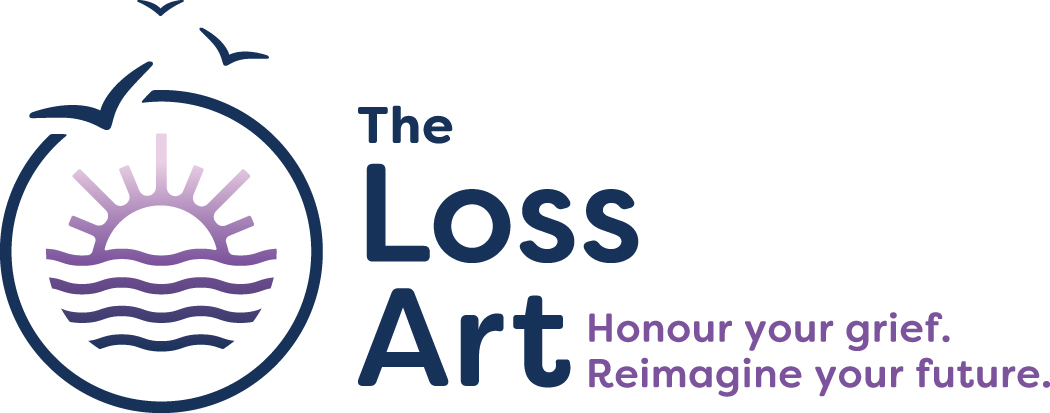Humans want to believe we determine our health, our happiness and our future. Unexpected losses are painful reminders that life is messy, unpredictable and uncontrollable. Life is rarely what we expect it to be or hope it should be.
Losing a job is painful and we lose a lot more than financial benefits, like:
- A sense of purpose
- Identity
- Daily contact with people who became friends
- Routine
- Benefits, like dental and counseling through the Employee Assistance Program
- Perks, like holiday parties and gifts
If you’ve lost a job, have you found others don’t seem to understand the significance of the loss? You’re not alone – and it’s important you remember that.
Job loss is still often associated with a social stigma and internalized feelings of blame, which can increase depressive avoidance behavior. This means you may choose to self-isolate and not look for or accept opportunities to be around others.
Going out, becoming more active and participating in activities with empathic individuals offers healing human connection.
At the same time, the availability of your social environment may decrease because without a job, your interactions with family and peers may change. This leads to further social isolation and increases depressive avoidance behavior.
You’re not alone
I encourage you to seek out those in your social network who are supportive and have a positive outlook that doesn’t annoy you. (You may know people whose perpetual perkiness would make you angrier – you might do well to avoid them.) Connect with those who know you and recognize your strengths regardless of your employment status. Don’t deny them the opportunity to be there for you – just as you’ve been there for them when they needed you.
During and after grieving, it takes effort to rebuild one’s confidence. Even when the loss isn’t about anything you did or didn’t do on the job, it’s common to wonder what you could have done differently to prevent it. That kind of thinking can take you down a dark hole and it takes support and effort to pull ourselves out.

This is a sample job loss cycle. It’s important to note that you may feel some or all of the identified feelings in any order and with no set timeline. There’s no such thing as “stages of grief.”
Eight years ago, I was “reorganized out of a job”. For years, every time I drove past the building of my former employer who let me go after years of excellent work, I flipped them off. Immature? Absolutely. Satisfying? Yup! That was one way for me to express the anger, sadness, disappointment, sense of injustice and myriad other emotions that needed a place to go.
Job loss doesn’t take everything from you
On the flipside, I appreciated and built upon the many gifts that job gave me. Just like death losses, non-death losses need and deserve to be honoured and grieved. This process will help you imagine and create a happy, healthy future. If you join my Grieving a Job Loss workshop, I’ll coach you to let go of what doesn’t serve you and to hold close what will help you feel ready for your next great opportunity. Check out the Services page on this site for the schedule of upcoming workshops.
For now, I’ll leave you with this question:
What gifts did you get in your past job that make you feel grateful?
